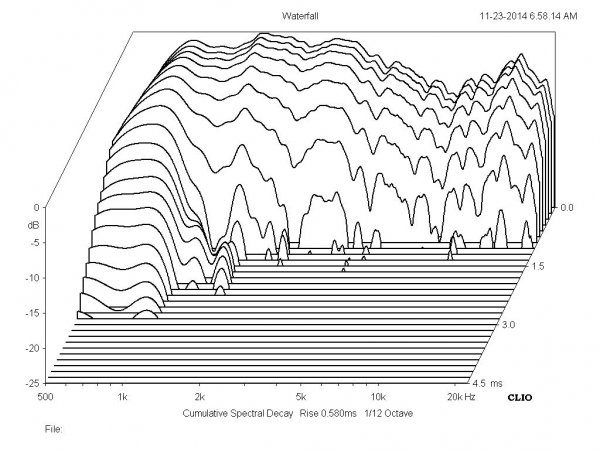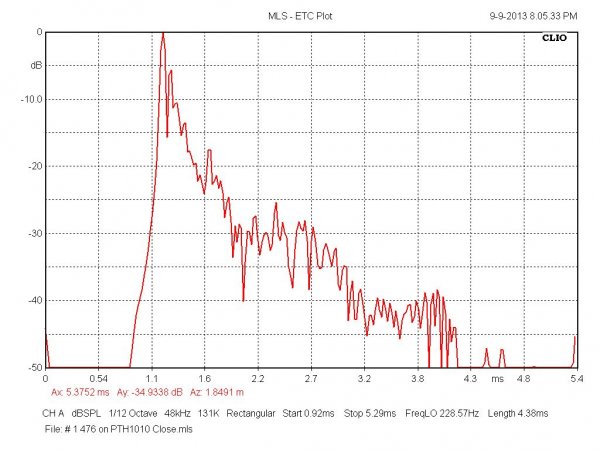When a lawyer gives an opening statement to the jury, he/she is prohibited from "arguing" their case; just the facts. Of course, clever lawyers know they CAN argue as long as the argument is preceded with "the evidence will prove__________" The "IMO" seems to inoculate the opinionated forum poster from rhetorical debate in much the same way. Folks who publicly articulate their opinions should be prepared to defend them. Of course, opinions are important, but we can't learn more about those opinions without rhetorical debate. Rhetorical debate has for millennia preceded anything worth knowing.
Cable burn-in is widely reported yet has never been "proven" with objective data. This fact doesn't mean it doesn't exist, it simply means there's no evidence it exists. There's nothing wrong with the findings/opinions sincerely expressed to the contrary. However, the background and circumstances giving rise to these observations ought to be subject to examination.
Although Keith's rhetorical technique is at best feeble and at worst counter-productive, I can't find the TOS which prohibits posting opinions which lead to heated discussion. The closest TOS I can find is TOS#9 concerning generalizations. I hope I'm not violating TOS#6.

Michael

















